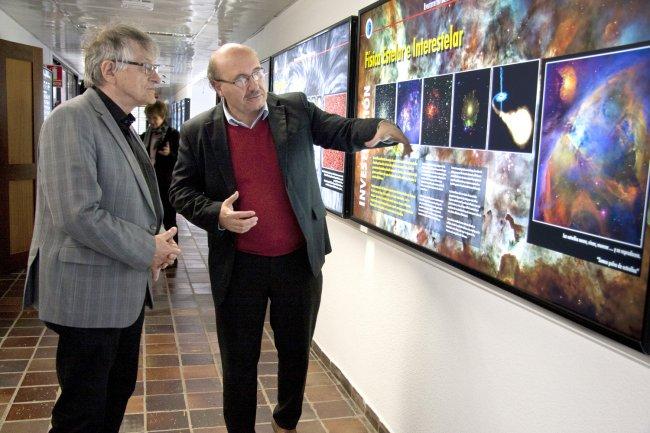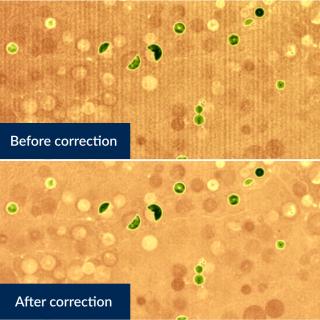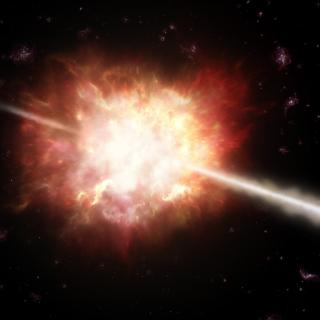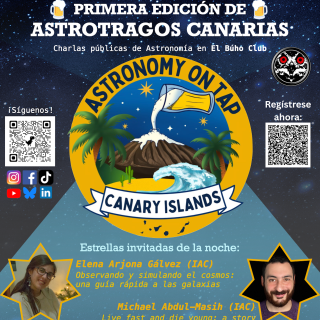Professor Klaus von Klitzing, Nobel Laureate in Physics, visited the Instituto de Astrofísica de Canarias (IAC), in La Laguna, and Teide Observatory on Monday at Izaña (Tenerife). During his tour at the IAC headquarters, he was guided by the director of the Institute, Rafael Rebolo, and other researchers, through the Instrumentation area. He was enthusiastic about EMIR, the forthcoming instrument to be installed on Gran Telescopio CANARIAS (GTC).
Alfred Rosenberg, outreach specialist and astrophysicist at the IAC, and Alfonso Muñoz, director of Instituto de Materiales y Nano-tecnología (ULL), accompanied him during his visit, showing the experiments which are sited at the observatory, among them, the Van der Raay Piramid, the Optical Ground Station (OGS), the solar towers VTT, GREGOR and the QUIJOTE Experiment. He was especially interested in the operation of polarimetry systems designed by the IAC and also observed the Sun using a Halpha Telescope.
The German Nobel Laureate, who is in Tenerife invited by the University of La Laguna, gave a lecture with the title “A New International System of Units in 2018!? How my Nobel Prize Contributed to this Development”, in the Great Hall of the Physics and Mathematics building of the ULL.
In 1985, Klaus von Klitzing won his Nobel Prize for the “Quantum Hall effect”. He discovered that, under specific conditions, the electrical resistance shown by conductors when a current passes through them varies in discrete steps and not continuously. His discovery opened a new field of research in the application of elements to semiconductors, which are essential for the manufacture of all types of electronics. At the present time, Klitzing is a researcher at the Max Planck Institute for Solid State Science in Stugggart (Germany).
Press release of the ULL: http://ddigital.webs.ull.es/el-nobel-klaus-von-klitzing-anuncia-en-la-ull-que-en-2018-habra-un-sistema-internacional-de-medidas-mas-estable/



